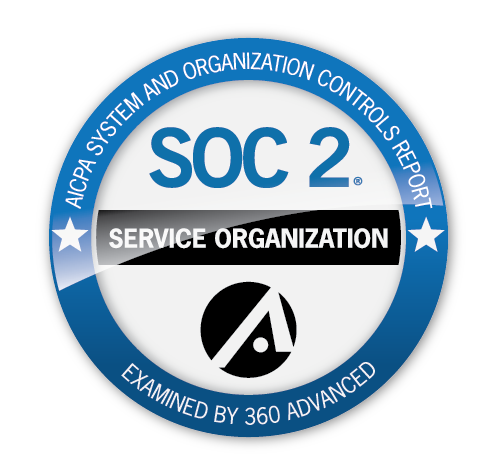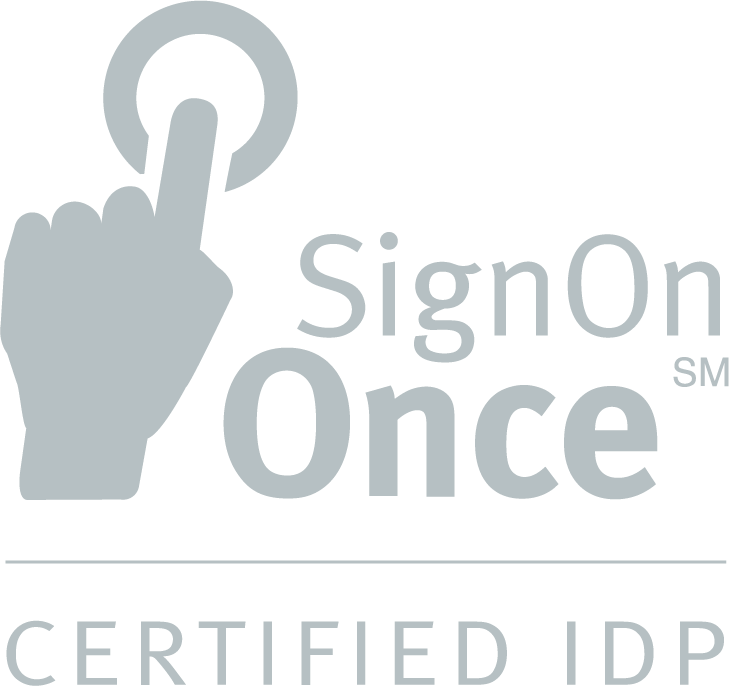Written By: Bryn Saunders, Product Marketing Manager
The most successful technologies are made with one goal in mind—to increase efficiency. One of the fastest ways to streamline operations in today’s ever-changing business climate is to remove tasks that predate modern computing devices. That’s exactly where insurance-specific content management and workflow comes into play.
Content management and workflow revolutionizes the way you process documents and run your business. The days of wrangling paper files to figure out what’s on an individual’s plate are gone. Now, you can better manage the work that’s arriving at your agency—whether it’s by email, fax, or snail mail—and ensure that your employees are prioritizing tasks accordingly.
Traditionally, customer touchpoints are the most prone to errors and omissions because they require manual data entry in the form of activity notes and suspenses. By automating these processes, agencies get the full story of all client interactions, allowing your agents to spend less time focusing on manual tasks, and more time on procuring new clients.
Consider how much time it takes your account managers to produce a single activity or suspense. Even if these individual actions require less than a minute, you have to multiply that time by the volume of actions you process on a daily basis. For some agencies, that amounts to thousands of seconds per day. When you spread those seconds across your employees, you begin to see how much time is wasted by traditional data recording methods, and that’s assuming all the information has been entered correctly. Once you start adding mistakes to the mix, seconds can quickly become minutes.
The results of process improvements are astounding. We’ve seen agencies reduce the time it takes to get a policy out the door from ninety to thirty days. That’s sixty days that can now be devoted to satisfying current clients and winning new business, which just goes to show how big of a difference reducing little tasks can make.


